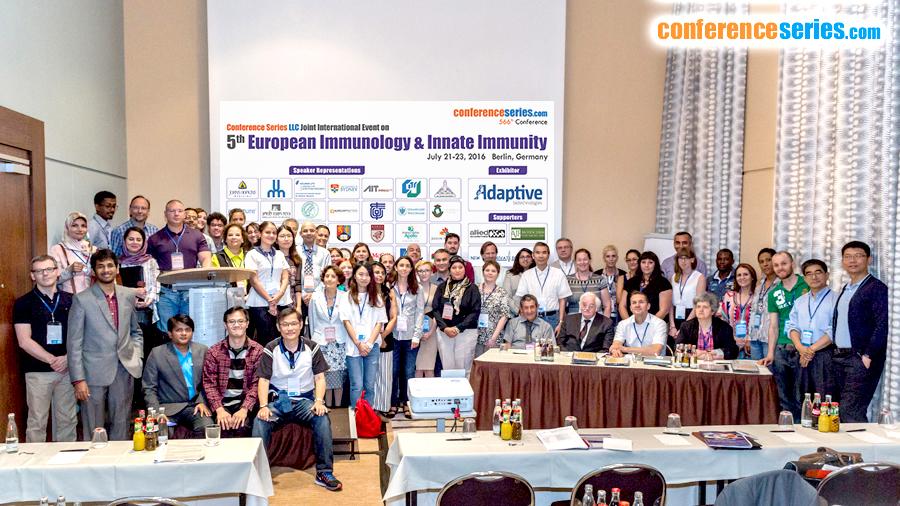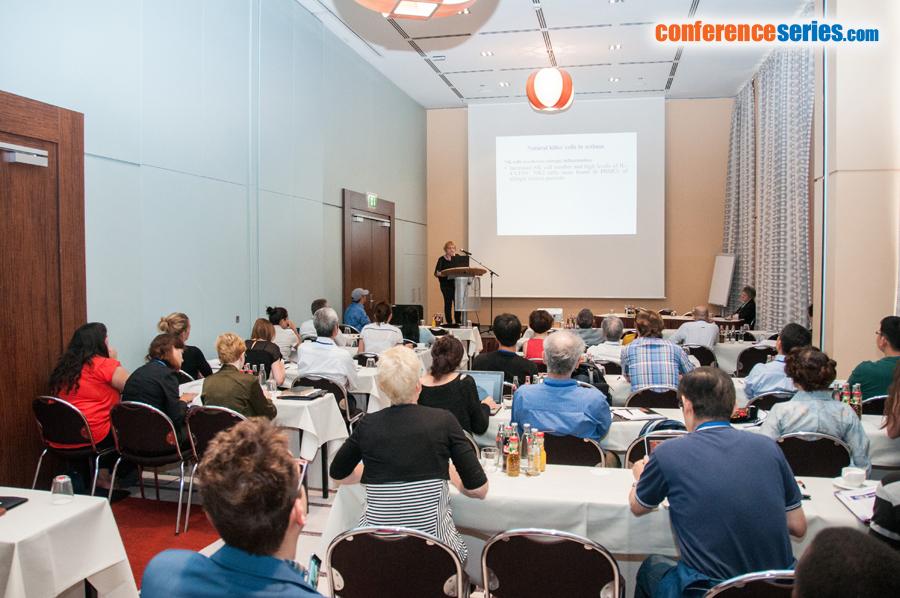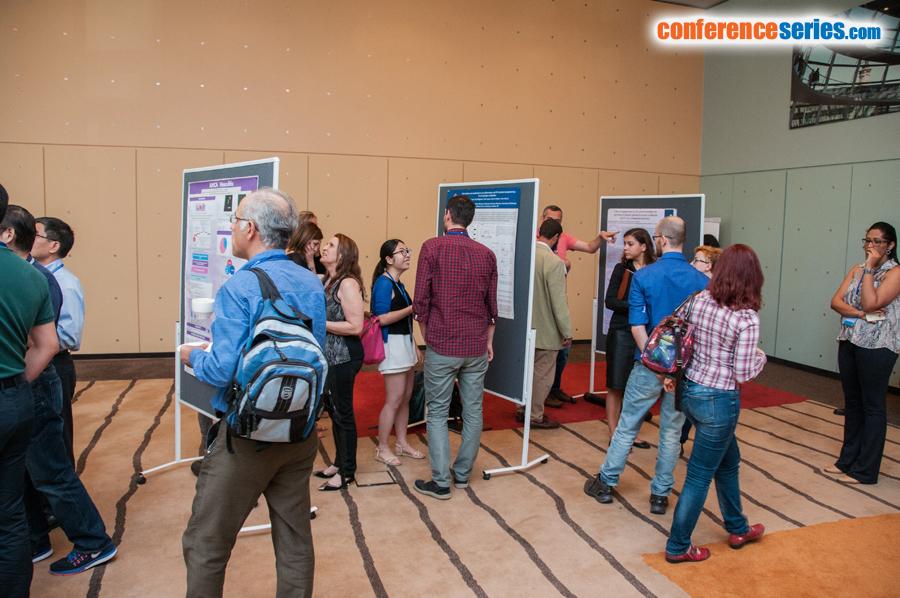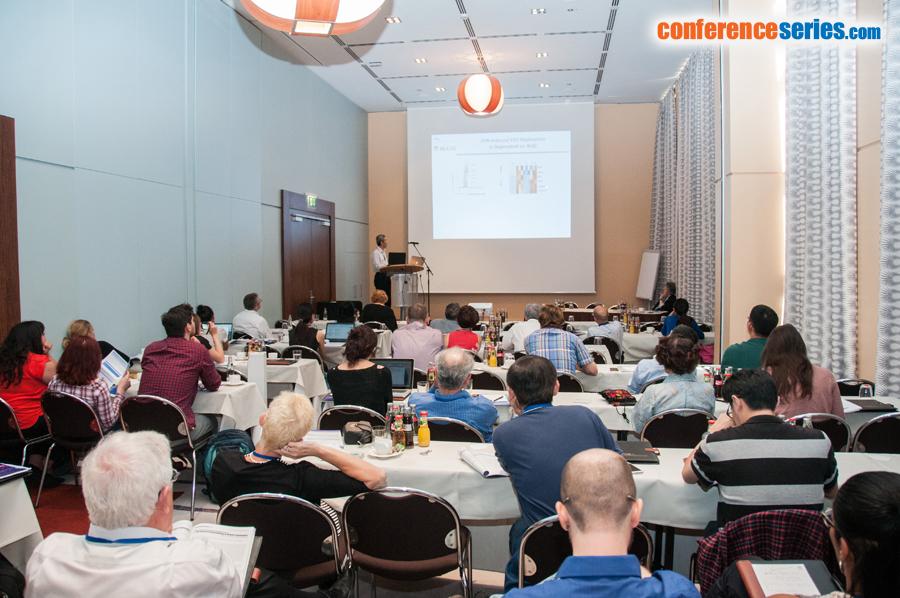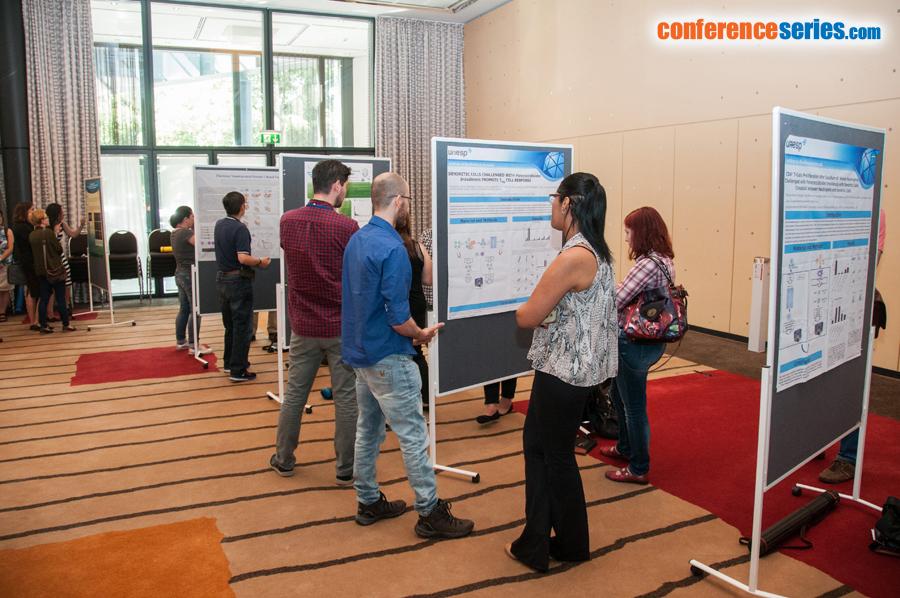Hanan Al-Khalifa
Kuwait Institute for Scientific Research, Kuwait
Title: Effect of flaxseed supplementation on the innate immune response
Biography
Biography: Hanan Al-Khalifa
Abstract
The phagocytosis assay allows quantitative measurement of the percentage of phagocytes and the enzymatic activity of each phagocyte. Immunomodulation of fatty acids in flaxseed may alter phagocytosis activity. The objective of this work was to compare the effect of feeding normal broiler chickens 15% of dietary flaxseed on phagocytic activity of monocytes and heterophils in the peripheral blood. One day old broilers were used. Upon hatching, all chicks were given the same basal diet for 13 days. Following this, dietary supplementation of flaxseed started at 14 days of ages until the end of the cycle at 35 days of age. At slaughter, samples of blood were collected from each bird. The quantitative analysis of the phagocytic activity of peripheral blood mononuclear phagocytes in whole blood was performed using PHAGOTEST commercial kits. Results were expressed as percentage of fluorescent cells (% phagocytosing cells) and mean fluorescence intensity (MFI). Feeding flaxseed at 15% did not affect either the percentage of cells participating in phagocytosis or the Mean Fluorescence Intensity (MFI). However, there was a trend towards a decrease in the percentage of monocytes involved in phagocytosis in birds fed diets containing 15% flaxseed. Also, there was a trend towards a decreased MFI (p=0.056) for monocytes. In general, results of the current study showed no effect of flaxseed on phagocytosis of peripheral blood cells.


